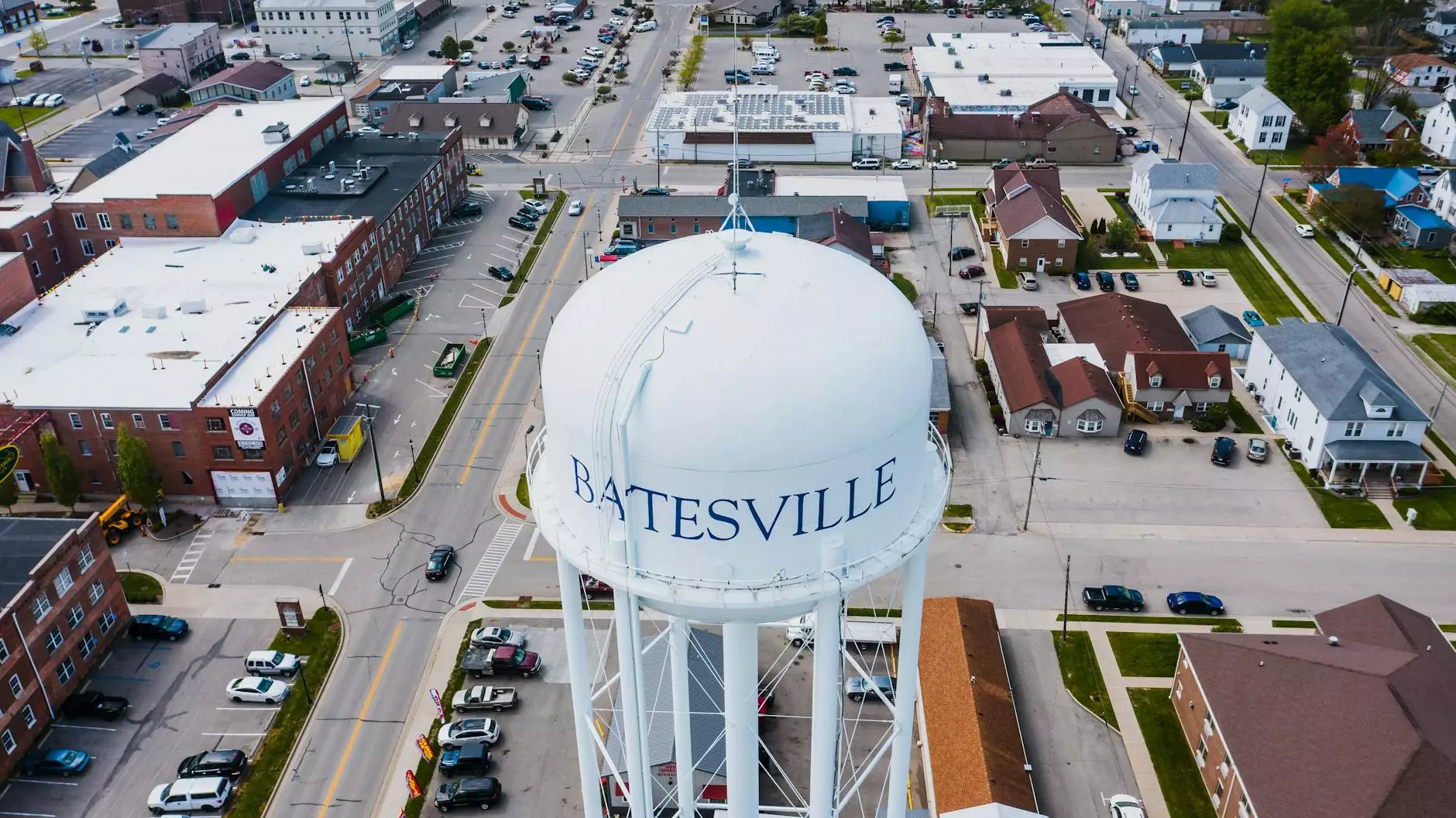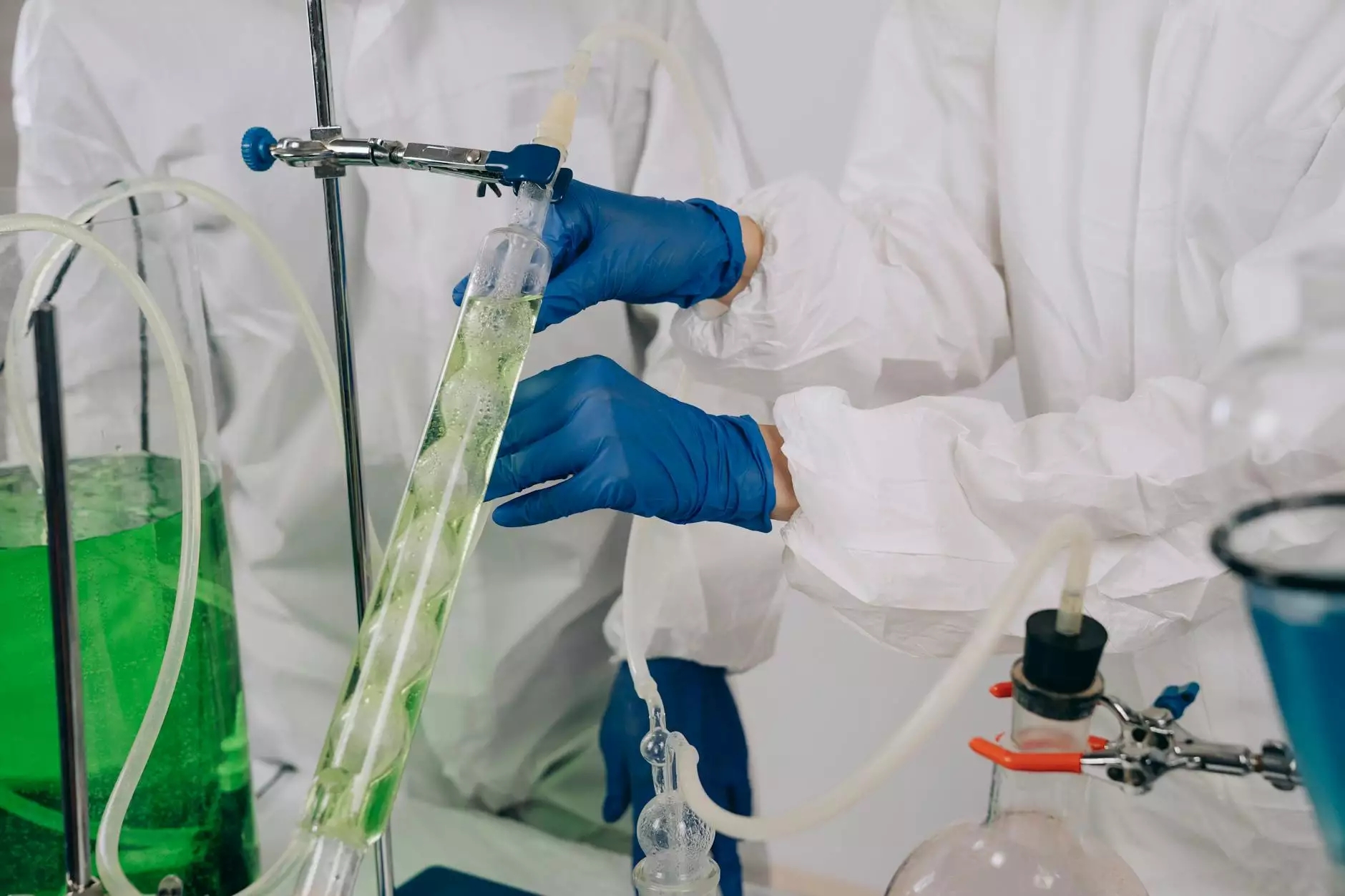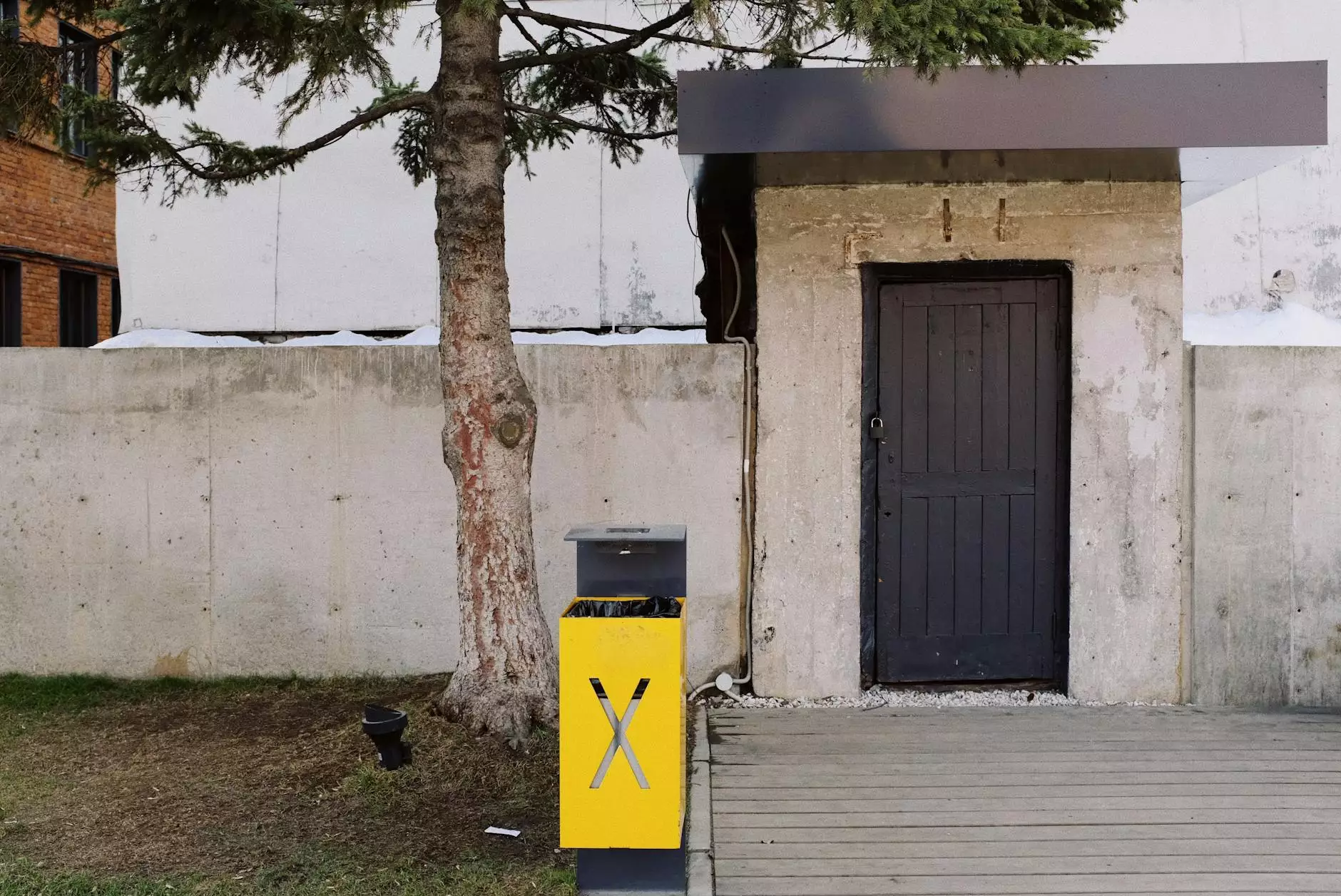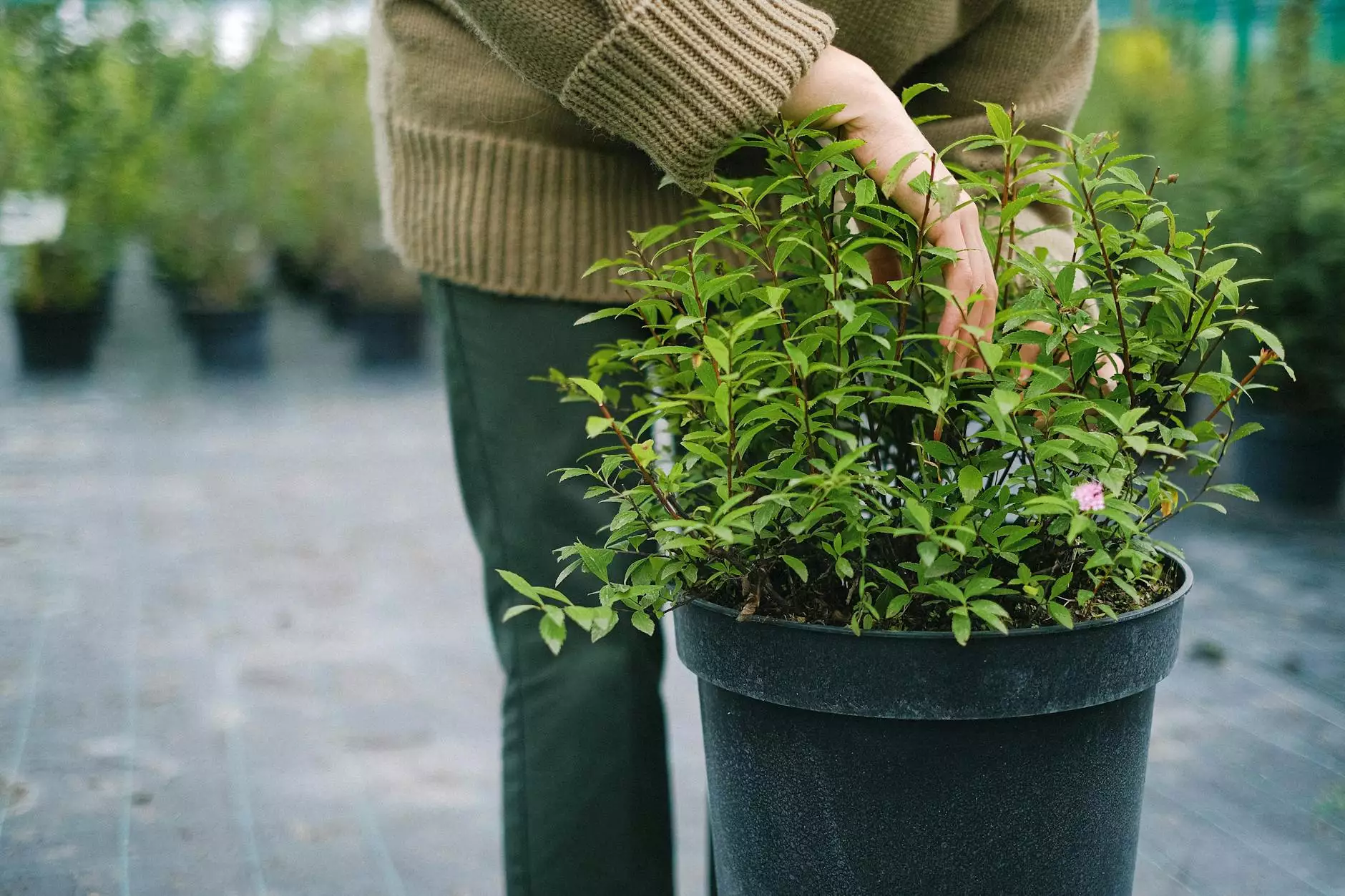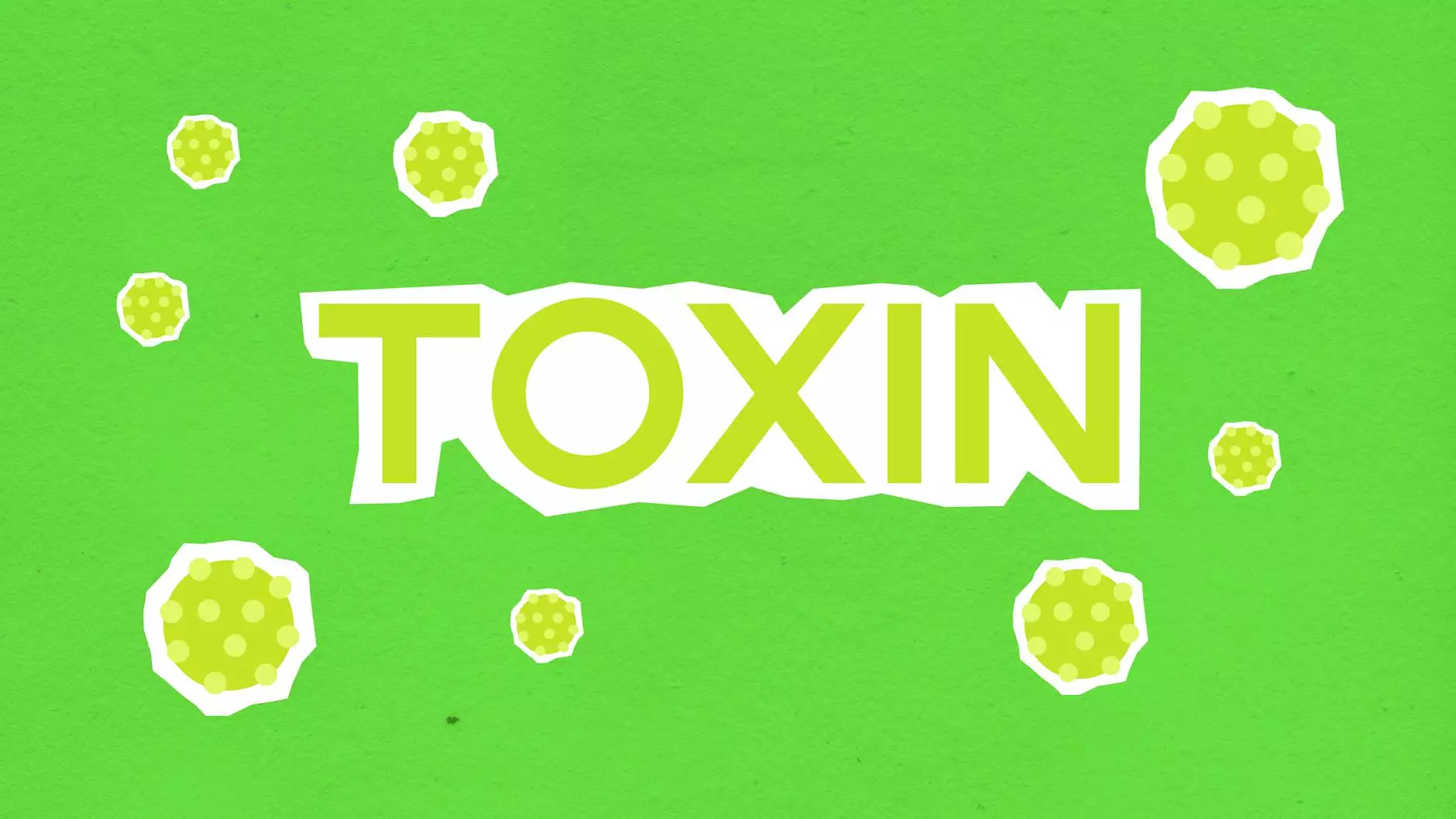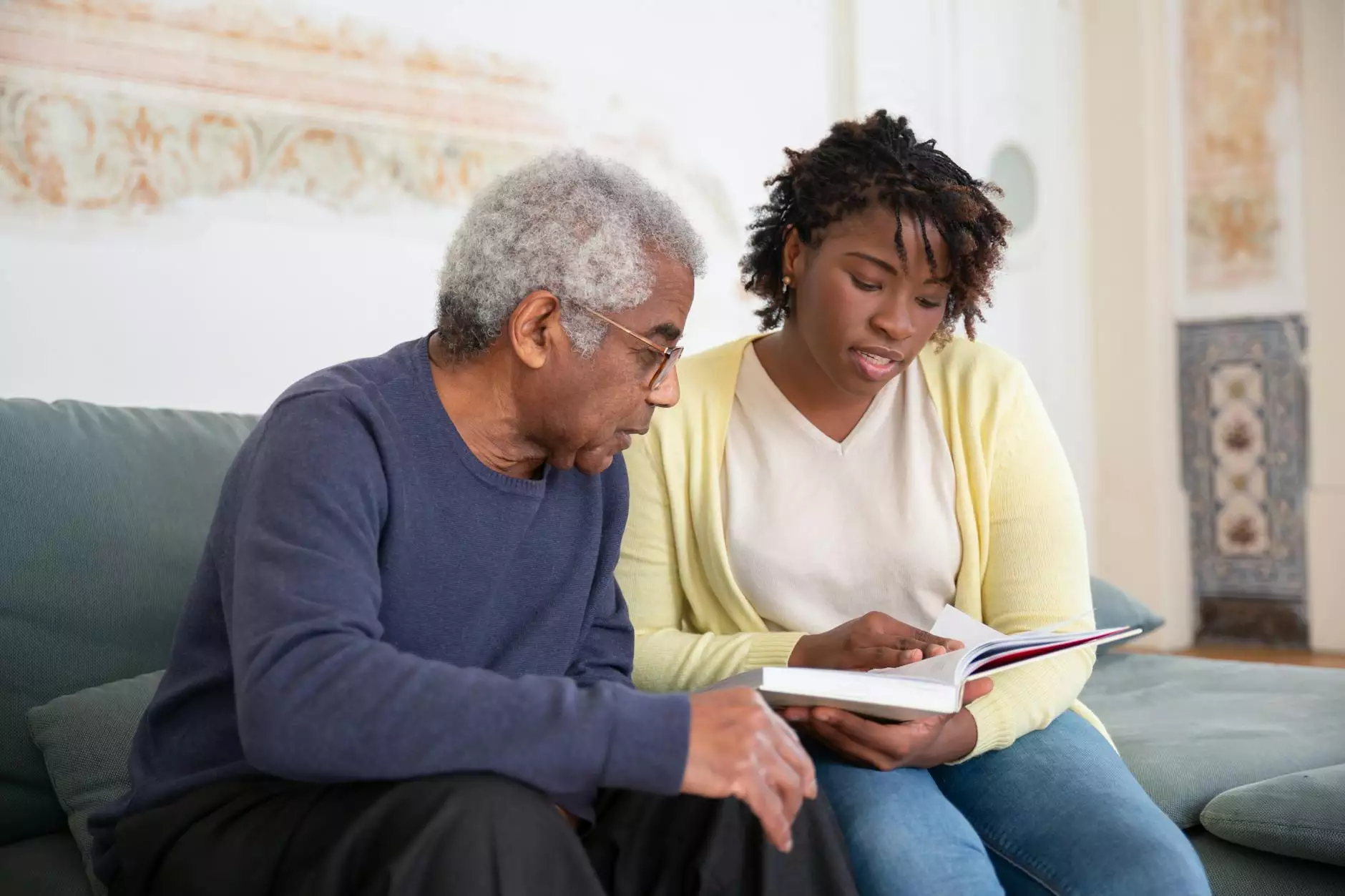Mushrooms | Iowa Poison Control Center
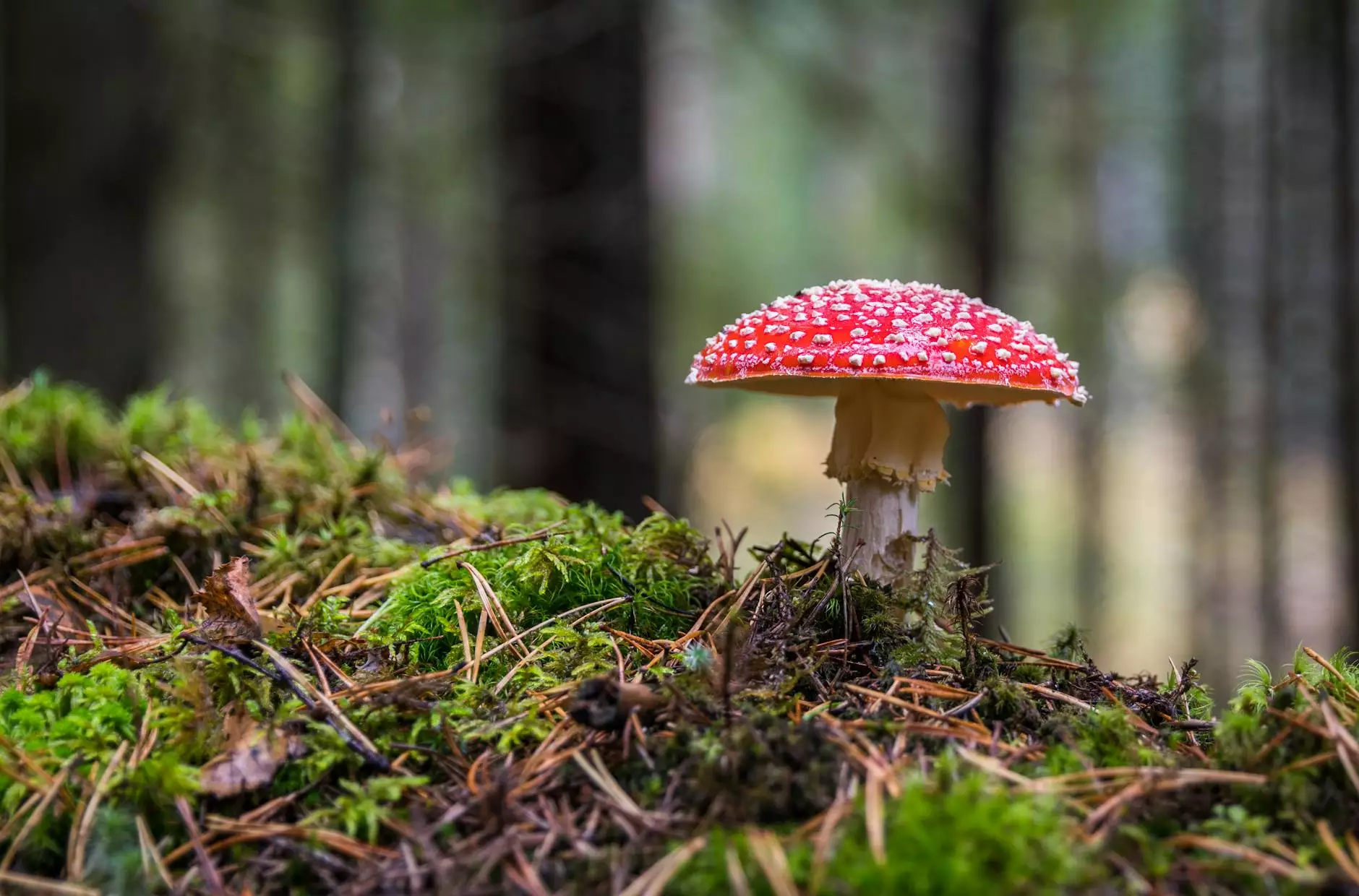
Welcome to the Mushrooms page at Regency Square Care Center, your trusted provider of geriatric and aging care. Here, we aim to provide comprehensive information about the common types of poisoning involving mushrooms and how to prevent them.
About Mushroom Poisoning
Mushrooms are a common element of many cuisines and are generally safe to consume. However, there are several species of mushrooms that are highly toxic and can cause severe health complications if ingested. It is crucial to be aware of the dangers associated with mushroom poisoning to ensure the safety of yourself and your loved ones.
Types of Toxic Mushrooms
There are various types of toxic mushrooms, each with its own adverse effects on human health. Some of the common toxic mushrooms include:
- Amanita phalloides - Also known as the Death Cap, this mushroom contains deadly toxins that can lead to liver failure if consumed.
- Galerina marginata - Found in North America, this species contains amatoxins that can cause liver and kidney damage.
- Conocybe filaris - Often mistaken for edible mushrooms, this species contains amatoxins and can cause severe illness.
- Gyromitra esculenta - Commonly referred to as the False Morel, this mushroom contains a toxin that can damage the liver.
Symptoms of Mushroom Poisoning
The symptoms of mushroom poisoning can vary depending on the type of mushroom ingested. However, some common symptoms may include:
- Abdominal pain - Sharp or cramping pain in the abdominal region.
- Nausea and vomiting - Feeling sick to the stomach and vomiting.
- Diarrhea - Frequent loose or watery stools.
- Jaundice - Yellowing of the skin and eyes.
- Seizures - Uncontrolled movements and convulsions.
- Coma - Unconsciousness and unresponsiveness.
Preventing Mushroom Poisoning
Preventing mushroom poisoning starts with proper knowledge and awareness. Here are some essential tips to keep in mind:
- Never consume wild mushrooms unless you are an expert - It can be challenging to distinguish toxic mushrooms from non-toxic ones without expert knowledge.
- Only purchase mushrooms from trusted sources - Ensure you buy mushrooms from reputable suppliers to reduce the risk of poisoning.
- Teach children about the dangers of eating wild mushrooms - Educate children on the importance of not consuming mushrooms found outdoors without adult supervision.
- Properly store and handle mushrooms - Store mushrooms in a cool, dry place, and handle them with clean hands to prevent contamination.
- If you suspect mushroom poisoning, seek immediate medical attention - Time is of the essence in treating mushroom poisoning, so do not hesitate to contact healthcare professionals.
What to Do If Poisoning Occurs
If you or someone you know has ingested a toxic mushroom and is experiencing symptoms of poisoning, it is vital to take immediate action. Follow these steps:
- Contact a poison control center or healthcare provider - Reach out to a poison control center or your nearest healthcare facility for guidance on how to proceed.
- Do not try to induce vomiting - Unless directed by a healthcare professional, do not induce vomiting, as it may worsen the situation.
- Collect the mushroom or take a clear photo - If safe to do so, collect a sample of the mushroom or take a clear photograph to aid in identification.
- Follow the advice of medical professionals - Cooperate fully with healthcare providers and follow their instructions for further evaluation and treatment.
Mushroom poisoning can be a life-threatening condition, and prompt medical attention is essential for a successful recovery.
Conclusion
At Regency Square Care Center, we prioritize the health and safety of our community. Understanding the risks associated with mushroom poisoning is vital in preventing incidents and ensuring the well-being of individuals, particularly the elderly. Remember to always exercise caution when consuming wild mushrooms, and reach out to healthcare professionals if poisoning is suspected. Trust in our expertise and dedication to geriatric and aging care.
